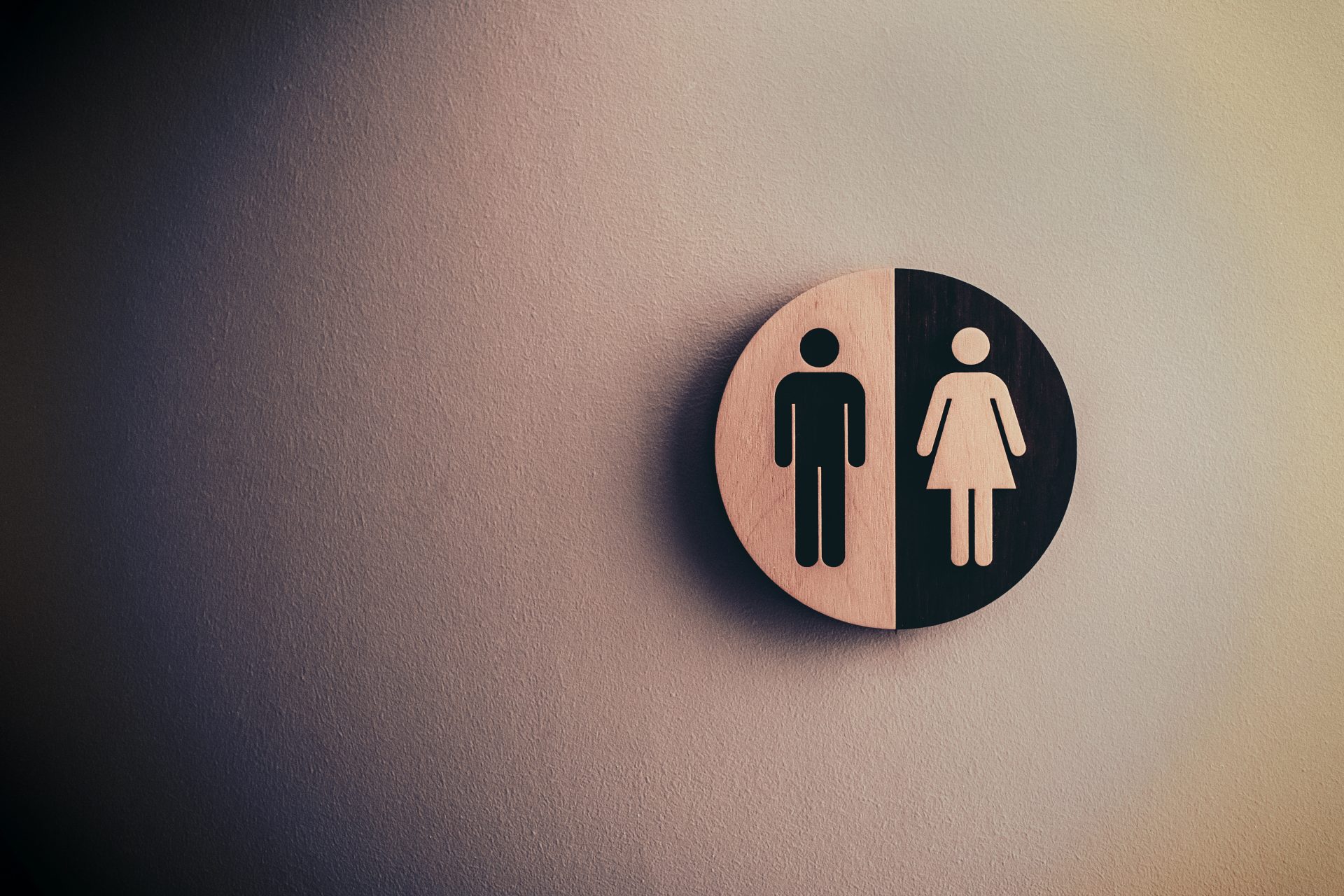
Gender-based violence is one problem that is not appropriately litigated in Bosnia and Herzegovina. Given the pervasive patriarchal system in Bosnian society, this problem is not only a victim’s problem, as it is often perceived but also a social problem.
According to the UN Women Handbook on Reporting Gender-Based Violence, violence against women is perhaps “the most shameful and widespread form of human rights violations…it does not recognize the geographical and cultural borders, nor the borders of economic prosperity.”
“Every type of physical, psychological, and economic violence against girls and women is gender-based violence. This type of violence is not always visible in bruises, wounds, or other physical injuries. Still, humiliations, insults, ridicule, and belittling are also indicators of violence, even if it happened only once, and especially if it happens within families by people who supposedly “love” the people they are abusing,” points out Zejna Šanjević Kussmaul, president of the Association of Women Universe Mostar.
According to Šanjević Kussmaul, Bosnia and Herzegovina (BiH) does not do enough to implement agreements to which it is a signatory, such as the Istanbul Convention, and the failure to adopt adequate sanctions for non-compliance is essentially the biggest problem.
“Gender-based violence in practice in Bosnia and Herzegovina means that a man is violent towards a woman – only because he is in a position to be able to. This means that one man, due to his biological characteristics, feels superiority and the right to manage someone else’s physical integrity, as well as the right to make life and death decisions,” says psychologist and activist Hana Sokolović, who explains that it is particularly important to talk about this problem since many women are suffering from domestic violence at the time of reading this text. Because of all this, she points out, support for them must be unquestionable.
“Gender-based violence is any form of oppression and harassment of a girl or woman. It may be recognizable if the partner expresses aggression, jealousy or if his partner’s success or beauty holds him back. All of these can be indicators of violence. However, sometimes it appears after three or four years of marriage. I want to emphasize that the issue of marital rape has been neglected in this discussion and that it too is a type of gender-based violence,” explains Ružica Ljubičić, a journalist who deals with gender equality in the media.
The OSCE Mission to BiH defines gender-based violence as an obstacle to security for all citizens in BiH. Their survey for BiH, published in June 2019, shows that 38% of women have experienced some form of violence as early as the age of fifteen. The research also states that the most common forms of violence are psychological violence by an intimate partner (36%) and sexual harassment (28%).
“The Covid-19 pandemic has revealed who is the bully in our society, but it has also encouraged women to report violence. After the “Nisam tražila” [“I didn’t ask for it”] movement, there is more and more talk about the violence experienced, and that’s good. We became aware of all the men in positions of power and dominance in various segments of society,” said Ljubičić, who is currently working on her doctoral dissertation titled “Sensationalist review of gender-based violence in the Bosnian press.”
Due to the current coronavirus pandemic, most women are forced to be locked in their homes with an abuser. “The situation with the pandemic has shown the seriousness and scope of this problem. Again, the state has done nothing, or at least not enough, to help victims of gender-based violence. Many situations have ended in serious trauma with far-reaching consequences,” says Šanjević Kussmaul.
“The pandemic has caused us to adopt new behavior patterns, social and health norms, which has locked some women into everyday violence where they have lost the only possible way out – some physically, others by losing their jobs, others by losing family members who could provide help,” emphasizes Sokolović.
BiH is a signatory to several international conventions and agreements, including the Convention on the Elimination of All Forms of Discrimination against Women (CEDAW) and the Council of Europe Convention on Preventing and Combating Violence against Women and Domestic Violence, proving that gender-based violence is discriminatory and punishable. Also, a perpetrator who violates a protective measure may be fined from 2,000 to 10,000 KM in the Federation of Bosnia and Herzegovina and 300 to 500 KM in Republika Srpska.
The Council of Europe Convention on Preventing and Combating Violence against Women and Domestic Violence (Istanbul Convention) was adopted in May 2011. According to this Convention, there are several types of gender-based violence, including psychological violence, persecution, sexual violence, sexual harassment, cyber violence, and economic violence.
“The Istanbul Convention contains protection mechanisms that can help women, but they are not properly implemented. For example, I can cite the delay in the financing of safe houses in BiH. The biggest problem is the perception and stereotypes about the Istanbul Convention, like that it spreads LBGT ideology. Many high-ranking officials did not read or understand the contents of this document. The Istanbul Convention can protect women from many dangers, such as entering into child marriage,” says Ljubičić.
On the other hand, laws on protection from domestic violence in both the Federation and Republika Srpska prescribe the following protective measures: removal from an apartment, house, or other living space, a ban on returning to an apartment, house, or other living space, a ban on approaching a victim of violence, a ban on harassing or stalking a person exposed to violence, compulsory psychosocial treatment, compulsory addiction treatment, temporary deprivation of liberty, and detention. According to the law, institutions or organizations that are involved in the implementation of these protection measures include the police, the Center for Social Work, the municipal court, health care institutions, and non-governmental organizations.
“Extremely inefficient systems of protection for women who report abusers, social stigma and lack of economic independence are some of the variables that we need to take into account when talking about the significant presence of gender-based violence in our society,” said Sokolović.
There are many myths and disinformation about gender-based violence. One of them is that women provoke violence by their behavior or clothing, and in that case, a man is not guilty because she “gave him a reason for it.” Due to numerous stereotypes and prejudices, victims rarely choose to report gender-based violence. Years often pass before the victims start talking.
“First of all, we cannot expect a woman who is experiencing violence to speak out or report violence immediately. Questions like, ‘Why has she been silent so far?’ show a lack of empathy and understanding of the problem. It is extremely difficult. The most important thing is not to blame a woman for what is happening. Instead, it would be good to contact the police, a psychologist, and the Center for Social Welfare. If violence is already happening, one of the potential solutions is to stay in safe houses, run away, divorce, or leave your partner,” advises Ljubičić.
She adds that preventive solutions include increasing education and awareness of what gender-based violence is. Some women think that their agony is normal, so they suffer in silence. She also recommends all women and girls take a self-defense course and use SOS helplines available 24/7.
Most victims of gender-based violence never report the perpetrator because they think they may lose their children, they fear condemnation from their community, or because of their economic dependence on men. “Violence cannot be justified by anything, nor does anyone have the right to be violent for any reason. Special education about these topics should already be present in primary schools. If this issue is not addressed systematically, I am afraid we will continue to witness many kinds of violence. Violence must be reported, and the perpetrators must be adequately punished,” says Šanjević Kussmaul.
Considering the OSCE Mission’s survey, only 5% of women reported violence by their partners, and only 3% reported exposure to sexual harassment. A 2018 OSCE survey on the well-being and safety of women found that one in seven women experienced physical or sexual violence from the age of fifteen by a partner or non-partner, and slapping was identified as the most common form of physical violence. However, 13% of those who survived physical violence indicated that the most serious form of violence by an ex-partner involved forced sexual intercourse, which is very worrying.
“Normalization of the idea that a man can control a woman’s life has, for the most part, been left in the past. Although we are talking louder than ever before about violence against women, this does not mean that it is not still happening, nor that some women deserve more protection than others. Every woman, regardless of her educational or socioeconomic status, ethnic, religious or any other identity, has the right to full protection from violence,” Sokolović concluded.
You can report domestic violence using the following numbers: 1265 (Federation of BiH) & 1264 (Republika Srpska).






